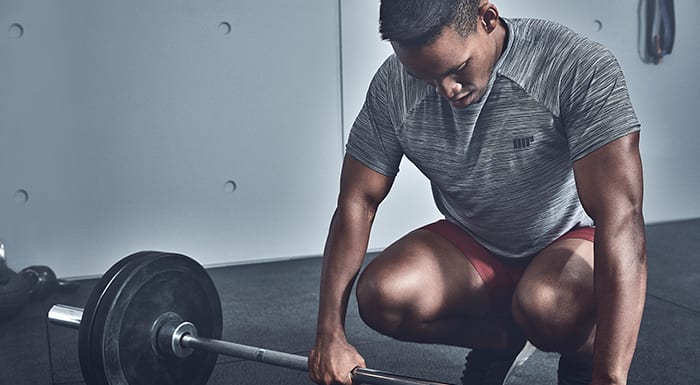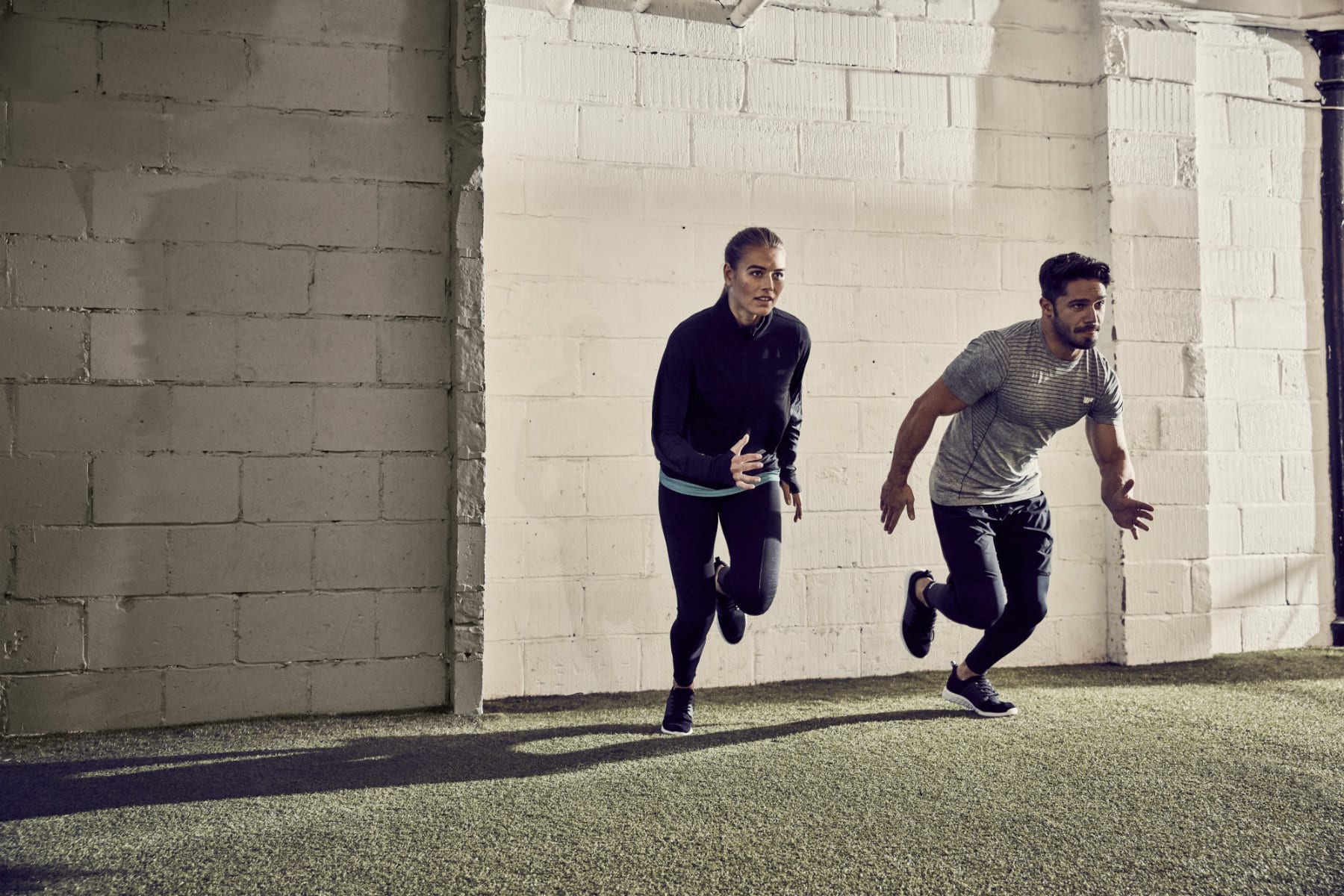
With Ramadan fast approaching, there is absolutely no reason why you can’t use the principles of this month(fasting) to help achieve your goal, in this case, losing weight. We are going to look at common mistakes people make when trying to lose weight in Ramadan, and some tips which will hopefully teach you how to lose weight while fasting this month.

Common Mistakes
Fasting without Sehar:
A lot people attempt this foolish method, in the hope that it can spark their weight loss journey. They think that this is the way to get rid of carbs. But as mentioned in another article, a healthy Sehar is crucial. Otherwise you are likely to lose muscle mass rather and so the actual body fat percentage will potentially increase or stay the same. Most of the carbs (we’ll tell you which kind of carbs later) will be used to keep you going through the day. Not eating Sehar also is one of the biggest causes for overeating at Iftar.
Eating too much at Iftar:
Perfect transition. This is a common phenomenon and it makes your Ramadan weight loss plan quite difficult. It’s easy and quite tempting to eat past being full, as you want to over-compensate for the next day. Unfortunately, our body just doesn’t work that way, and only needs a certain number of calories and nutrients per meal and A lot of this food tends to be unhealthy, for example fried items which are then stored up as fat, making it extremely difficult to lose weight.
Not Eating Healthy:
Once again, this sets our next point up perfectly. Ramadan is no excuse for anyone to be eating unhealthy, especially if you’re trying to lose weight. Weight loss is not easy, and just because you don’t eat in your fast, you are not more likely to lose weight. In fact, your body metabolism actually slows down in Ramadan (don’t worry, this is something you can combat easily if you train regularly). Eating healthy is not that difficult, one of the problems people regularly face is that come Iftar time, they are left with no option but unhealthy choices. Know what this is a result of?
Not planning your meals:
You guessed it. How does one expect to lose weight in Ramadan without having a Ramadan diet? Setting yourself up for failure. One way to diet in Ramadan is definitely through meal planning. This is an excellent idea as you control what you are eating, and in Ramadan you can get away with larger quantities and more carbs as your body needs them more, so don’t be shy! A tweak like this will go a long way in ensuring you have a healthy Iftar and Sehar.
Tips on Losing weight

Sehar:
We have already established that it’s NOT a good idea to not eat at Sehar time. So, what should you be looking to eat while trying to diet in Ramadan? A few ideas. You need carbs to fuel your day, so your best bet is to consume complex carbohydrates as they are efficient in terms of energy, digestion and metabolism, the exact things you should focus on. Fruits and vegetables should be in your diet alongside oats and wheats, all excellent options as they are calorie friendly as well as serve our purpose for a healthy Sehar.
Iftar:
Please do not go for the classic fried item options as they are filled with unnecessary fats and oil. You can get your omega 3 fats, which are the kind of healthy fats you need, through fish and low-fat yoghurt. Protein intake stays like normal which can be through steaks, chicken breasts, egg whites and others. If meat, try to grill or bake the poultry rather than frying the food, as that is greasy and unhealthy. Protein shakes in Ramadan continue to be a popular choice because of the filling effect they have, as well as being an easy way to consume some crucial protein. They can be taken in meals as well as after training. Keep your water intake as high as possible for both Iftar and Sehar as our body is constantly fighting dehydration this month.
Training:
Training in Ramadan is crucial as we discussed earlier because it ensures that you keep your body metabolism high. Even though you are trying to lose weight, intense cardio is not a smart idea for your Ramadan workout plan. Anything high intensity is likely to drain you, so you are better off with weight training and slow cardio, both perfectly capable of burning calories. In terms of when to train, the standard time for most people is after Iftar as they can use the energy of the meal they had. However, right before Iftar is also possible for those exclusively looking to lose weight, as they can burn calories and recover the protein in the form of their meals, so the muscle percentage is not lost.









